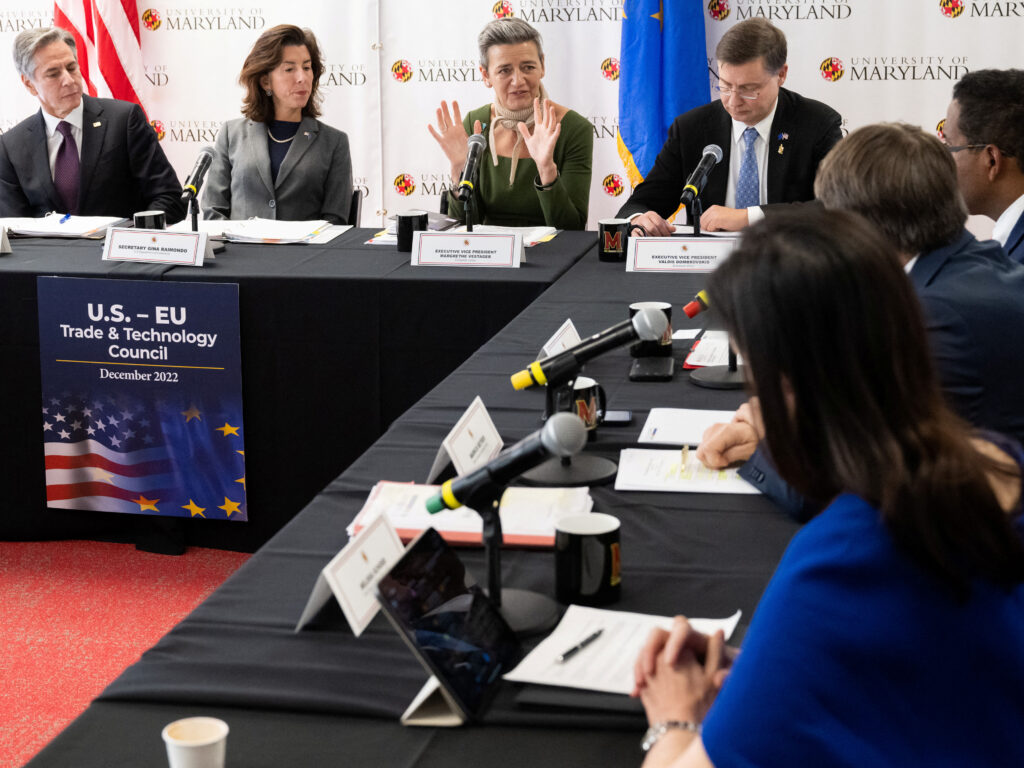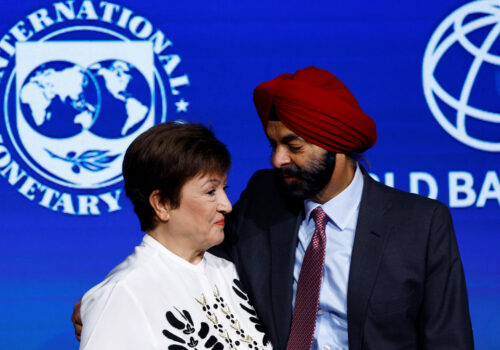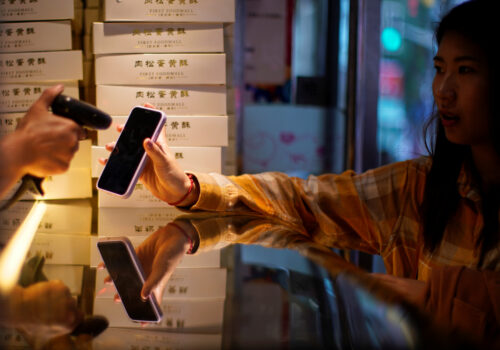The World Trade Organization (WTO), founded in 1948, and regulating trade among its 164 member countries, has been a powerful engine for overall economic expansion, at the forefront of the international rules-based system. It has generated economic gains by promoting freer and fairer trade; increasing competition, efficiencies, and innovation; protecting consumers; and providing a platform for rules enforcement and dispute resolution to enhance stability and predictability in the global trading system. It also has supported the integration of developing countries into the world economy by fostering growth, development, and poverty reduction. Since its founding, the global economy has evolved largely in line with the ideals the WTO prescribed, as exports in 2019 were 250 times the level of 1948, reflecting widespread economic growth and interconnected trade.1https://www.wto.org/english/thewto_e/whatis_e/inbrief_e/inbr_e.htm.
However, the WTO has now become almost infamously ineffective at settling disputes and holding countries accountable for unfair trade practices. Global trade has grown increasingly fragmented since the global financial crisis of 2007–2009, the COVID-19 pandemic, and Russia’s 2022 invasion of Ukraine, all of which accelerated the trend against free trade and globalization. In all major economies, trade policy is increasingly used as a strategic instrument to address geopolitical competition. While US policymakers fixate on China’s unfair trade practices, US export controls against China and the US Inflation Reduction Act are prime examples of trade-distorting policies. The legitimacy and relevance of the WTO is in question, and it faces many challenges. However, the WTO retains unique characteristics that grant it an important role in international trade policy problem-solving: a set of core principles, a forum for negotiating and monitoring, and membership representing 96.7 percent of global gross domestic product (GDP).2WTO, Handbook on Accession to the WTO: Chapter 1, WTO Secretariat, n.d., https://www.wto.org/english/thewto_e/acc_e/cbt_course_e/c1s1p1_e.
htm#:~:text=Based%20on%20these%20statistics%2C%20the,are%20equally%20relevant%20and%20important.
This report aims to provide recommendations for how the United States and its allies, and leaders in the organization, can better wield its potential to address global issues, specifically to reduce inefficiencies from fragmentation caused by subsidies. By first outlining and explaining the obstacles preventing an effective WTO, this report will ultimately provide recommendations for how the organization can provide guidance on subsidies for global public goods by facilitating discussions within multilateral trade agreements. It also provides suggestions for how the WTO can work with other Bretton Woods institutions to ensure that less-developed countries (LDCs) gain access to green financing, technology, and resources.
About the authors
Sona Muzikarova is a political economist, author and policy consultant, with over a decade of experience delivering forward-looking insights on the region of Central and Eastern Europe.
Sophia Busch is an assistant director at the Atlantic Council’s GeoEconomics Center.
Related content

At the intersection of economics, finance, and foreign policy, the GeoEconomics Center is a translation hub with the goal of helping shape a better global economic future.
Image: US Secretary of State Antony Blinken, US Secretary of Commerce Gina Raimondo, European Commission Executive Vice-President Margrethe Vestager and European Commission Executive Vice-President Valdis Dombrovskis participate in a US - EU Stakeholder Dialogue during the Trade and Technology Council (TTC) Ministerial Meeting at the University of Maryland in College Park, Maryland, U.S., December 5, 2022. Saul Loeb/ Pool via REUTERS


